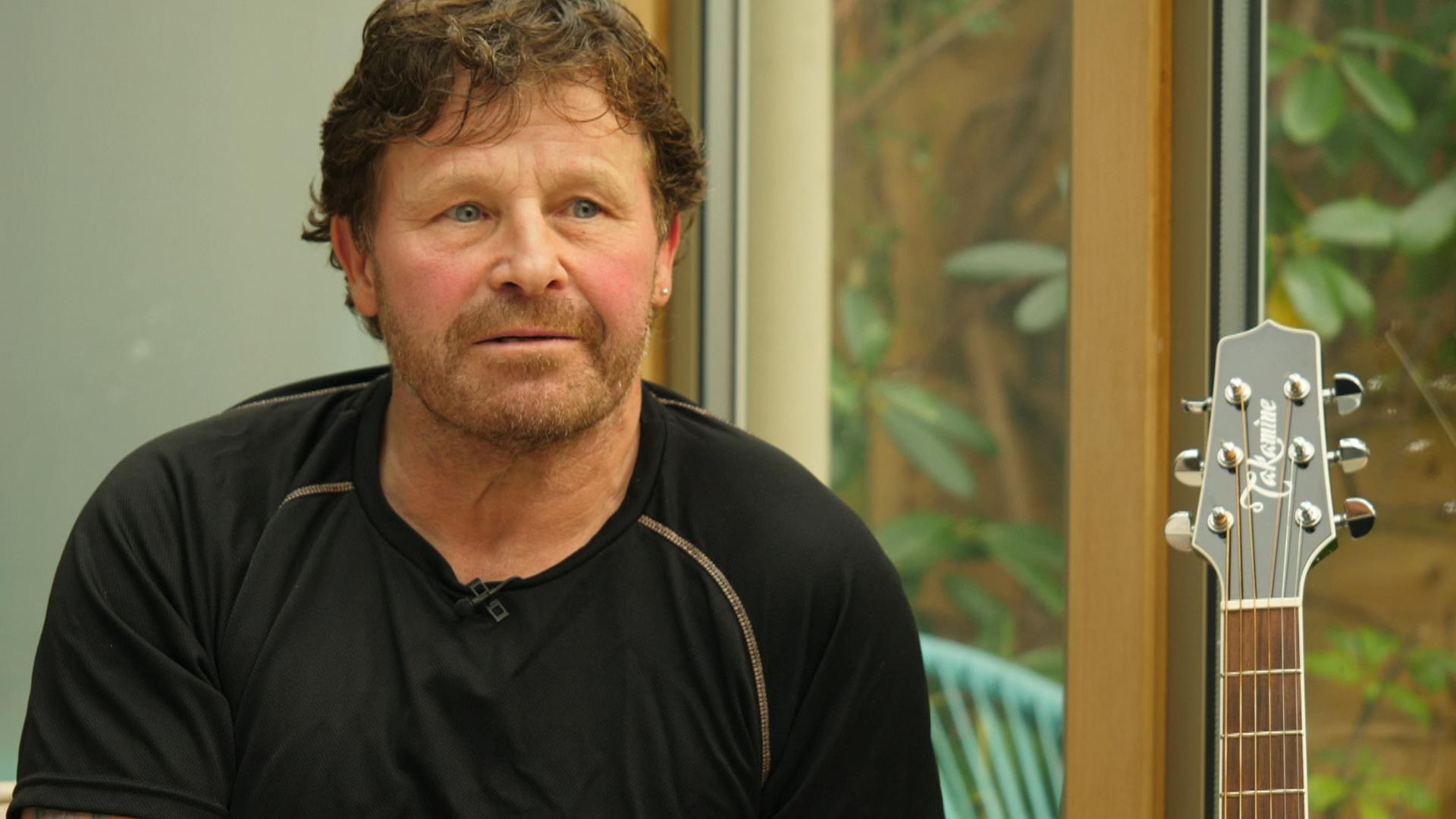
The BDN Opinion section operates independently and does not set news policies or contribute to reporting or editing articles elsewhere in the newspaper or on bangordailynews.com
Maulian Bryant is the Penobscot Nation tribal ambassador. Kirk Francis is the chief of the Penobscot Nation.
This year, the Legislature passed LD 2007, An Act to Advance Self-determination for Wabanaki Nations, sponsored by Speaker Rachel Talbot Ross. The bill was signed into law by Gov. Janet Mills last month.
This bill is an important step forward and restores jurisdiction over certain criminal offenses to tribal courts and creates concurrent jurisdiction between tribal and state courts over others. As we have noted in research carried out by Harvard University, healthy and functional tribal courts are among the most significant determinants of success and well-being in tribal communities. When we are able to utilize our own departments, staff, cultural values and tribal facilities to carry out these cases we are enhancing the safety and peace of our people.
It was upsetting to tribal communities that in the midst of this achievement between the tribes, the speaker, the governor and the attorney general who all collaborated on this positive development, we were met with a floor speech against the bill from Rep. Jennifer Poirier from Skowhegan that contained incorrect information and has the potential to harm our people. Whether knowingly or not, the speech casts doubt on the integrity of our tribal court, social services department, tribal administration, tribal council and the tribal citizens who trust and make use of these services or are employed by them.
Rather than give space to the harmful speech, we wanted to take the opportunity to shed a positive light on the good work our programs do and the great progress we have made with the passage of LD 2007. Our social services department houses our child support enforcement program, and the staff works tirelessly to connect with the families served, advocate for the needs of the children, find solutions for all involved and does a commendable job balancing a very substantial caseload.
Our tribal court has a qualified and talented chief judge, magistrate judge, prosecutor, public defender, administrator, clerk and bailiff; all of whom have been trained in all relevant tribal, state, and applicable federal laws. The tribal court handles more than 100 cases per year and is actively participating in the enhanced jurisdiction we received for the federal Violence Against Women Act reauthorization. We have taken care of the logistics and needs in regards to possible sentencing and we are prepared for that instance.
Both of these departments have full faith and credit as valid, functional, fair and necessary parts of our community. Disparaging them without full knowledge of the topic doesn’t just insult the people working there, it harms our whole tribal population who depend on them. Political discourse is welcome and dissenting views are needed.
However, the process allows for a healthy exchange of information with informed parties that can decrease misinformation and promote truth and progress for all involved. We hope in the future that all lawmakers can take advantage of the experts in the committee room and as the legislation moves through the various stages. Wabanaki leaders, employees, citizens, advocates, allies and attorneys have been more than forthcoming with our time and energy and we hope to continue to work with the state to advance good policy together.











